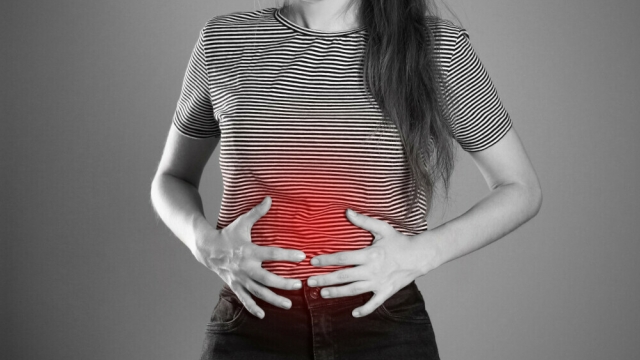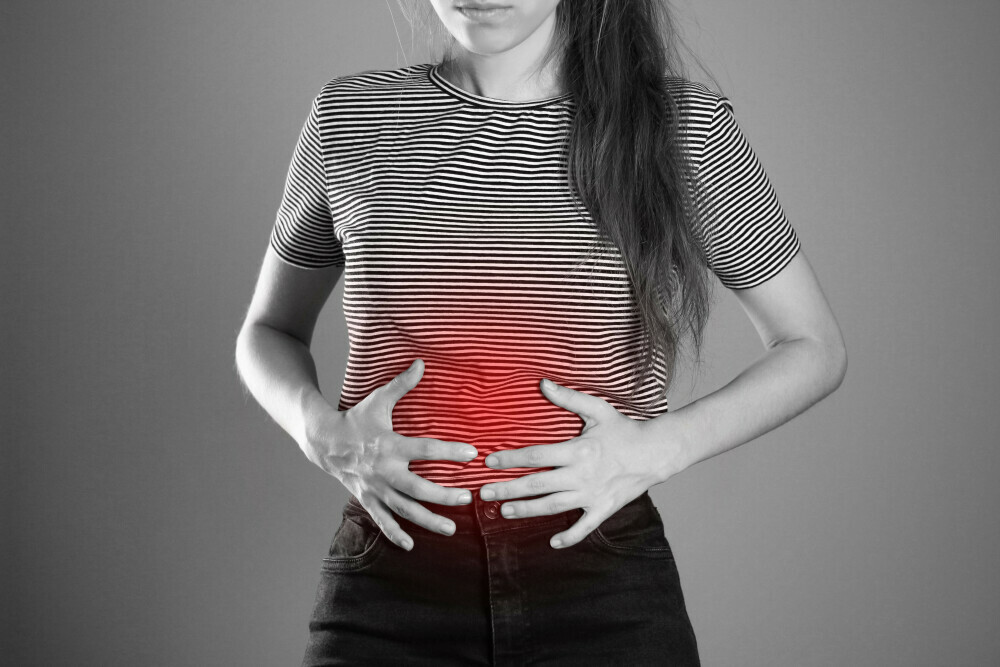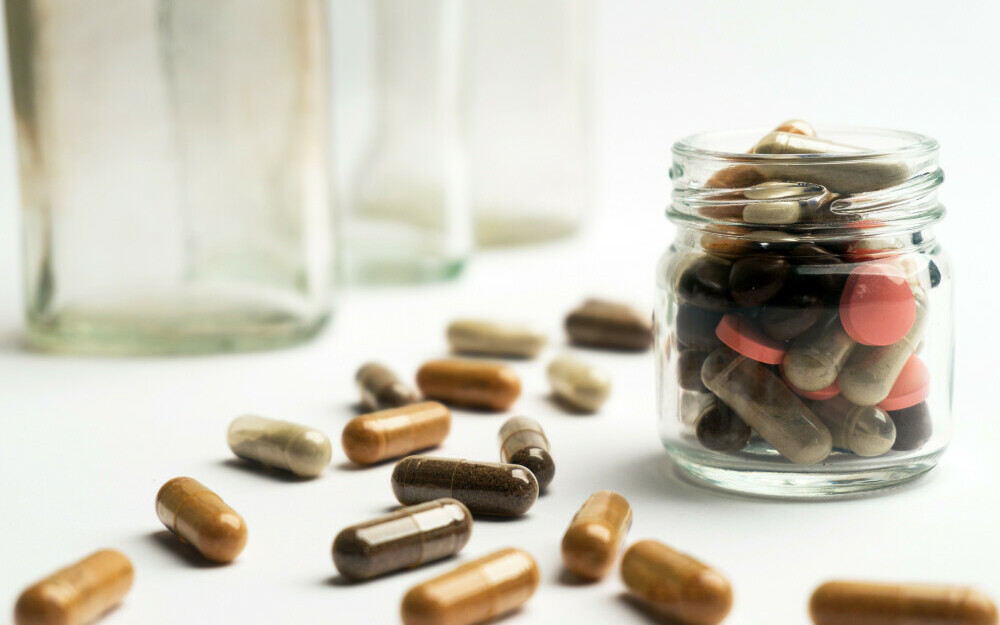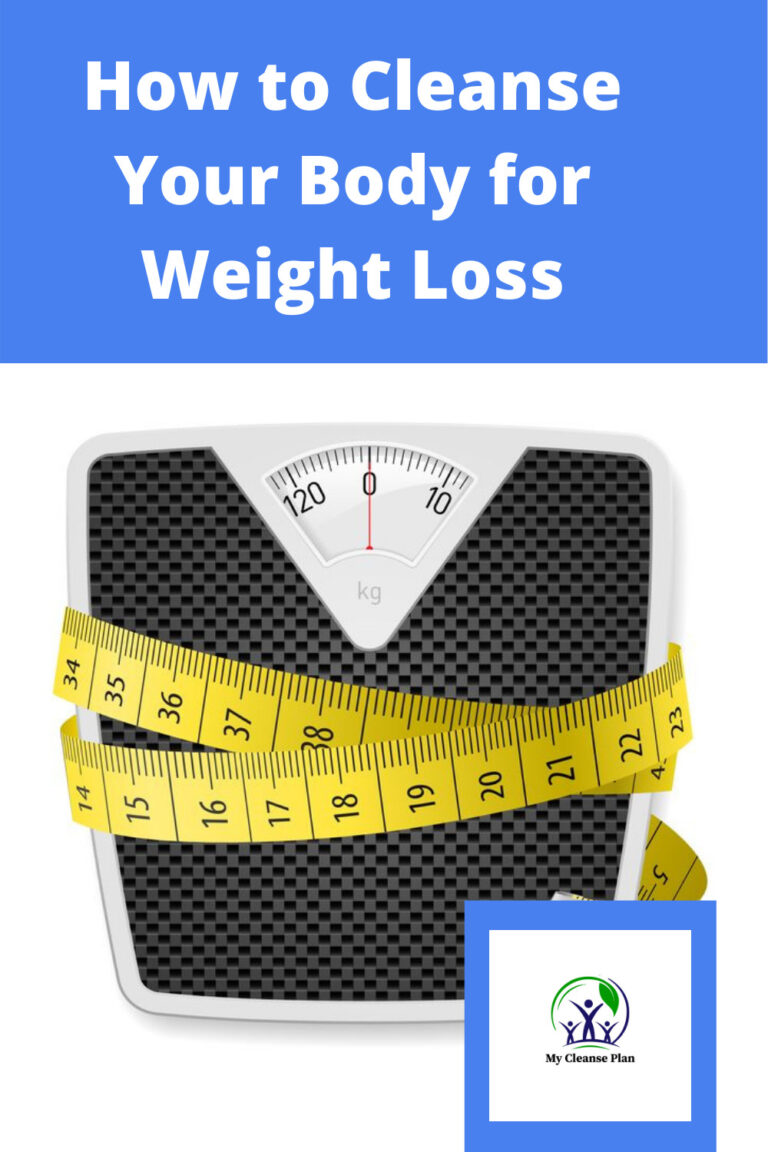Colon Cleanse: Detoxifying Your Digestive System
Colon cleanse is a process aimed at detoxifying the digestive system by removing built-up toxins and waste from the colon, leading to improved gut health and overall well-being.
Key Takeaway
- Improved Digestive Function: Colon cleanse helps to remove toxins and waste buildup in the colon, allowing for better digestive function. This leads to reduced bloating, gas, and discomfort, as well as more regular bowel movements. A clean colon ensures that nutrients are absorbed efficiently, supporting overall health and vitality.
- Enhanced Gut Health: A clean colon contributes to a healthier gut microbiome, the community of beneficial bacteria that reside in the digestive tract. By removing harmful bacteria and toxins, colon cleanse promotes a balanced microbiome, which is essential for proper digestion, immune function, and mood regulation. This supports a strong defense against digestive disorders and enhances overall well-being.
- Increased Energy Levels: Detoxifying the colon can lead to increased energy levels and reduced fatigue. When the digestive system is functioning optimally, the body can more efficiently convert food into energy, leading to greater vitality and stamina. Many people report feeling lighter and more energized after completing a colon cleanse, allowing them to tackle daily tasks with renewed vigor.
- Weight Management Support: Colon cleanse may aid in weight management by eliminating excess waste and toxins that can contribute to bloating and water retention. While not a quick fix for weight loss, a clean colon can support a healthy metabolism and digestive process, making it easier to maintain a healthy weight over time. Combining colon cleanse with a balanced diet and regular exercise can optimize weight management efforts.

I often hear about colon cleansing and its promises to detoxify the digestive system. Marketed under glamorous terms like colonic irrigation or colonic hydrotherapy, this practice aims to flush out the colon using a substantial volume of fluids. The intent is to remove waste that believers of this process think accumulates and becomes toxic over time.
The procedure isn’t subtle; it involves a professional—or for the brave, a DIY approach—sending up to 60 liters of fluid through the rectum to cleanse the colon. While it sounds thorough, the inevitable question is whether such a method is necessary, or even beneficial, for our well-being.
Claims associated with colon cleansing cover a broad spectrum: from improved digestion and spontaneous weight loss to soaring energy levels and mental clarity. However, these assertions lack robust scientific support. Despite the persuasive narrative, we face a disconnect between widespread belief and evidence-based practice.
Looking at these claims with a critical eye prompts a deeper inquiry into their validity. Do these purported benefits hold up under scientific scrutiny, or are they simply a placebo effect dressed up in medical garb? The following section will peel back the layers of these claims to uncover what the science—or lack thereof—says about the ‘benefits’ of colon cleansing.
Related Article: What is the Difference Between a Cleanse and a Detox?
Assessing the ‘Benefits’: A Critical Look at Colon Cleansing Claims
The conversation surrounding colon cleansing usually includes a list of benefits pronounced by practitioners and advocates. They claim the procedure can lead to weight loss, improved digestion, increased energy, and clearer thinking. However, I find it important to scrutinize these claims through a critical lens, especially when they are not backed by a strong scientific foundation.
When examining the validity of these supposed benefits, there’s an unmistakable discrepancy between the testimonials and the scientific data available. Limited research, such as a small pilot study conducted in 2016, hinted at some improvement in gastrointestinal symptoms in patients with irritable bowel syndrome. Yet, this is far from a conclusive endorsement of the practice for the general population.
It’s crucial to address why people may feel better after a cleanse. Could it be the actual intervention or perhaps a placebo effect at play? The mind is powerful and can indeed influence one’s perception of an improved state of health following a procedure believed to be beneficial.
Related Article: How to Cleanse Your Body for Weight Loss
Navigating the Risks: Understanding the Potential Harms of Colon Cleanses
When I consider the risks associated with colon cleansing, I rely on evidence and expert advice rather than anecdotal reports. One such risk that immediately comes to mind is dehydration. The process of flushing out the colon can also lead to a significant loss of fluids. This imbalance can have severe consequences, including kidney function impairment, which should not be taken lightly.
Electrolyte imbalance is another silent threat of colon cleansing. Without a balanced level of potassium and sodium in the body, the risk of experiencing a loss of consciousness or even kidney damage increases. These imbalances often go unnoticed until they manifest as serious health issues.
Furthermore, disrupting the delicate balance of the gut’s microbial ecosystem is a common occurrence during these procedures. An influx of unhealthy bacteria combined with the removal of infection-fighting flora can open the door to infections. This is particularly concerning for individuals with compromised immune systems or those preexisting medical conditions.
Perhaps the most distressing risk of all is the potential for bowel perforation. Even with the most skilled hands, inserting a tube into the colon carries the possibility of tearing the intestinal wall, leading to symptoms like fever, pain, chills, and nausea. It’s clear that the risks of colon cleansing warrant careful consideration. These interventions are not as benign as they may seem and can lead to complications that require immediate medical attention.
Related Article: Are Juice Cleanses Good For You

Practicing Safe Colon Cleansing: Essential Tips and Medical Advice
If you’re considering colon cleansing, I URGE you to talk with a healthcare professional first. Those with a history of gastrointestinal disease, kidney disease, or heart problems should be particularly careful. Here’s how you can approach colon cleansing with caution if you choose to proceed.
First, always ensure you’re well-hydrated before starting a colon cleanse. Drink plenty of water. This step is CRUCIAL because the process itself can lead to excess fluid loss.
Choosing the right therapist is key. Look for someone with proper certification and experience. They should be knowledgeable in first aid and CPR should any emergencies arise. Also, check if their equipment is up-to-date and that they follow stringent disinfection practices to avoid the risk of contamination.
It’s important to use new, disposable equipment during the procedure to lower the risk of infection. Reused equipment, even with cleaning, carries a higher risk of transmitting harmful bacteria.
Moving into the next section, we shift our focus to alternatives to colon irrigation. These include a variety of over-the-counter options that are less invasive and can be part of regular care with minimal risk if used properly.
Related Article: 7 Best Skin Cleansers to Help You Look Great

Beyond the Irrigation: Exploring Less Invasive Colon Health Approaches
If you’re exploring ways to maintain or improve your colon health, it’s important to know that invasive procedures like colonic irrigation aren’t the only option. The market is saturated with a variety of oral supplements, including capsules, powders, and herbal teas. These supplements often tout benefits that range from detoxifying the body to promoting regular bowel movements. However, caution is key when considering these products. It’s essential to understand that they are not without their own risks and should be approached judiciously.
Unlike colon irrigation, oral supplements typically contain plant fibers, natural laxatives like senna or psyllium, and other components aimed at increasing stool bulk or frequency. While these may appear to offer a gentler route to colon cleansing, I advise you to carefully read and follow package directions and to speak with a doctor before starting any new regimen, especially if you have pre-existing health conditions mycleanseplan.
Over-the-counter laxatives, though widely used, can lead to dependency if used regularly over the long term. It’s possible that your colon will start to rely on these aids for normal bowel movements, leading to a cycle of laxative use and further bowel sluggishness. As with any health product, moderation is paramount.
Herbal teas are often perceived as a natural and harmless way to cleanse the colon, but they can also produce side effects, particularly if they contain stimulant laxatives. These can sometimes irritate the digestive system and should be sipped with care, especially if you have a sensitive stomach or other digestive issues.
Explore Also:
Creativehouseblog
Dietsheriff
Gigasecurehome
Discussions with your doctor about your interest in these products can provide helpful guidance. They can steer you toward options that suit your particular health needs and help you to avoid interactions with medications you might be taking. In the end, it is about finding a balanced approach that prioritizes your overall health and wellness.

The Verdict on Colon Cleansing: Expert Insights and Healthier Alternatives
The overarching message from experts in gastroenterology is clear: colon cleansing is largely unnecessary and potentially hazardous. Medical authorities like John R. Stroehlein, M.D., and Robert Bresalier, M.D., reiterate that no credible scientific evidence backs the benefits that colon cleansing products claim to provide. Moreover, the idea that our colon requires external cleansing methods under normal circumstances is fundamentally flawed given its efficient, self-cleansing nature Mycleanseplan.
Rather than pursuing shortcuts or unproven detoxification practices, what truly benefits colon health are well-established lifestyle adjustments. A healthy diet rich in fruits, vegetables, and whole grains, coupled with reduced intake of red and processed meats, plays a significant role in maintaining a well-functioning digestive system.
Regular exercise, maintaining a healthy weight, moderate alcohol consumption, and avoiding tobacco are additional pillars that support not just colon health, but overall well-being. Moreover, preventative health measures such as timely colorectal screenings can be lifesaving, identifying potential issues before they escalate.
It’s essential to remember that introducing invasive methods into a complex and finely balanced system like our digestive tract can disrupt the harmony within. The risks associated with colon cleansing—from dehydration and electrolyte imbalances to potentially severe infections—make these practices more of a health gamble than a guaranteed benefit.
In conclusion, while the promise of a quick fix may be tempting, taking care of your colon’s health doesn’t come in the form of a cleanse. Embrace the proven path of a balanced diet, regular exercise, and appropriate medical screenings to keep your digestive system, and your health, on the right track. As with any significant medical question, when in doubt, always turn to your doctor for guidance rather than to unverified sources.






